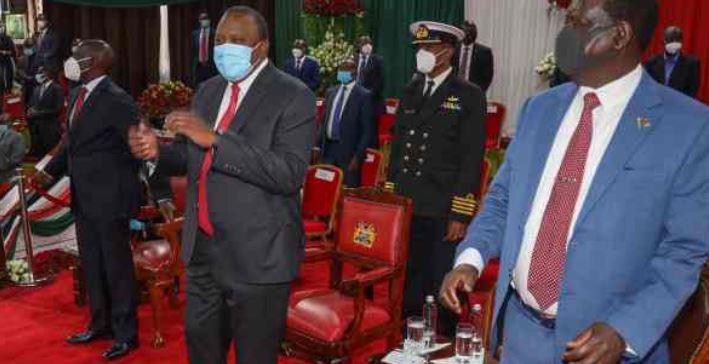×
The Standard e-Paper
Kenya’s Boldest Voice

The most recent debates on the Building Bridges Initiatives (BBI) report has brought with it mixed reactions among Persons with Disabilities (PwDs).
The contention is about the extent to which the report addresses the systemic exclusion of PwDs and whether society has done enough to include PwDs in civic matters, decision-making, and service delivery.